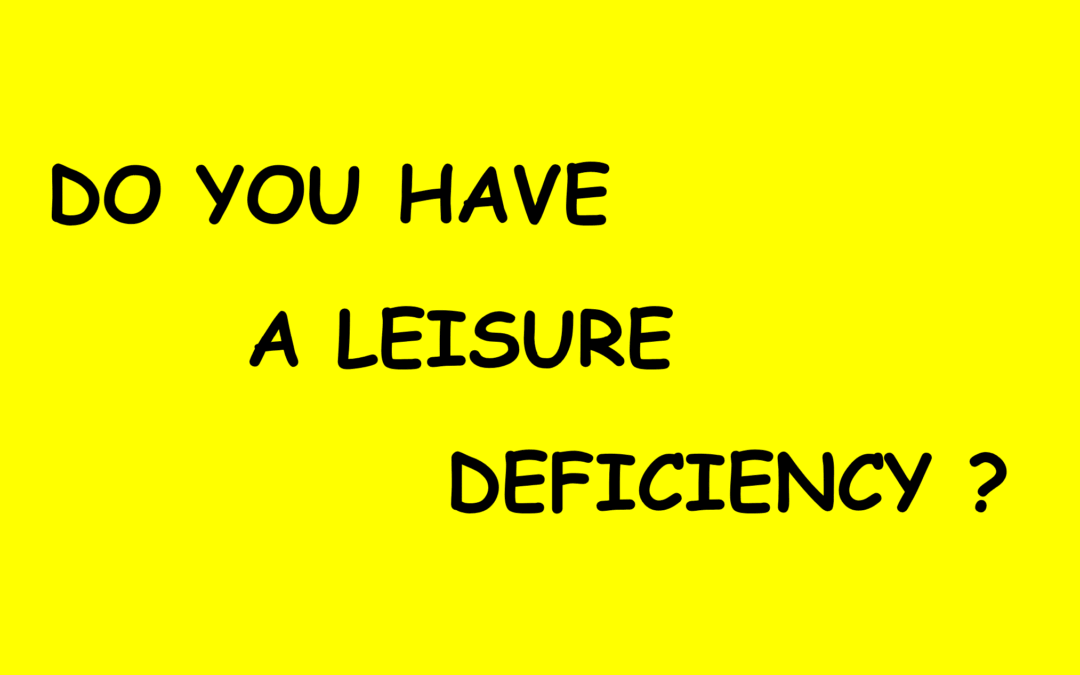
by Rev. Michael Heath | May 1, 2023
Recent hospitalization and death statistics related to COVID-19 reveal that the pandemic’s medical threat has dramatically declined. Covid in the U.S.: Latest Maps, Case and Death Counts – The New York Times (nytimes.com) That said, other studies show that the pandemic, together with other factors, has had a devastating impact on America’s mental health. Rates of anxiety and depression have risen among all age groups and the number of people seeking counseling is sky-rocketing.
Experts believe that the cause of this problem is complex and actually pre-dates COVID-19. Such things as the internet and 24/7 on-line and cable news as well as the omni presence of smart phones and social media have over-loaded our ability to process so much distressing information. Have Smartphones Destroyed a Generation? – The Atlantic In other words, it’s not just the alarming content of things like mass shootings or war but the non-stop bombardment of the reports which have created a mental health crisis.
Another crucial element exacerbating the problem is America’s poor level of self-care and trivialized attitude toward leisure. Studies have shown that our nation’s traditional hard-work-no time-for play ethic has interfered with our society’s ability to cope with stress. Not giving ourselves sufficient time to recharge has caught many Americans with dead emotional batteries.
Despite various attempts to educate the public about the importance of self care, disdain for recreation persists. Evidence of this view is seen in Cadillac’s 2014 Super Bowl commercial. In it, a smarmy guy strolls around his pool extoling America’s superior work ethic over European’s who take so many vacations.
His message is that only by working hard can one afford to buy expensive cars. Ironically, studies have shown that people who push too much and recreate too little are less productive. Indeed, self-care is not a luxury or waste of time. Leisure is not only important for personal happiness and resilient mental health, it also is necessary for top performance.
In addition to being false, the hard work myth creates a psychological problem. The persistence in traditional attitude has caused many to develop a psychological condition that I would call Leisure Deficiency.
Fortunately, leisure deficiency is treatable. Thus, today, I want to discuss 1) How this false belief arose, 2) How to tell if you suffer from leisure deficiency and 3) Why leisure is important and 4) What can be done to incorporate leisure into your regular routine.
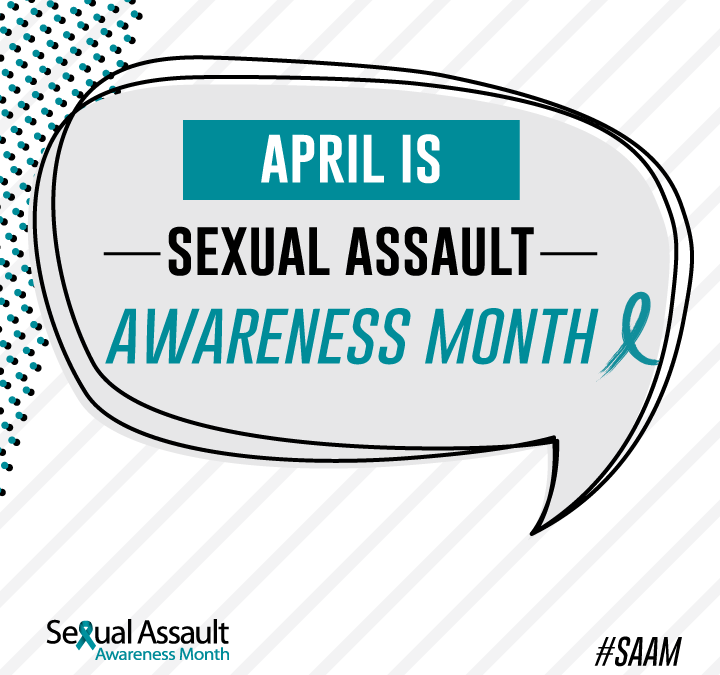
by Rev. Michael Heath | Apr 30, 2020
Okay , my apologies for not posting earlier about this. With all the attention given to and disruptions caused by COVID-19, I almost neglected to acknowledge that April is Sexual Assault Awareness Month.
That said , I want to address a serious two headed problem faced by many who have been sexually assaulted: Shame and Self-Blame. Too often, even after many years have passed, many folks who have experienced sexual assault as children say that, even though they “know better”, they still can’t shake the feeling deep down inside that what happened was their fault.
It is important to understand that self-recrimination is a common psychological phenomenon experienced by many who have been abused. The good news is that, once understood, individuals can break its depressing hold and free themselves from this false sense of guilt and responsibility . Let me show you how.
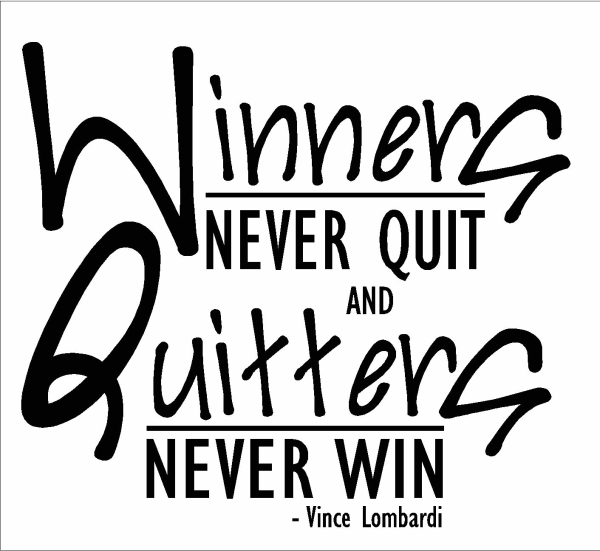
by Rev. Michael Heath | May 11, 2019
America doesn’t like quitters. The legendary coach of the Green Bay Packers, Vince Lombardi, used to say, “Winners never quit and Quitters never win.” But , is that necessarily true?
An alternative to the must fight-on and never-say-die attitude is a liberating point of view which acknowledges that, sometimes, significant changes are necessary. Letting go of the struggle to overcome the impossible can provide peace and serenity and lead to great personal satisfaction.
Here are some questions to help you figure out if your struggle is in vain and it’s time to hang it up or if a little more persistence and faith is needed to see things through.
by Rev. Michael Heath | May 29, 2017
Blog & Video Archives Past Bridge Street Mental Health segment with accompanying text. Grieving’s 6th Step I’ve noticed that, as we start the new year in the midst of COVID, many folks are struggling with loss and grieving. For some, the loss involves...

by Rev. Michael Heath | Feb 13, 2024
It’s Valentine’s Day. Beyond the hearts and flowers, it’s important to understand that the day means different things to different people. For those intoxicated by infatuation, Valentine’s Day is a celebration of love and sexual passion. ( Actually, the thrills of infatuation are not love. They are sensations caused by dopamine, phenylethylamine and norepinephrine.)
Many relationships are more sober. The initial chemical rush has run its course and the blush of new love has calmed down. Their experience of Valentine’s Day can be different. Indeed, for many, Valentine’s Day can be awkward. Ironically, as the media raises expectations for romance, for a lot of folks, the flames of passion have died down or even gone out.
Fortunately, even though passion may have waned, it can be reignited. Valentine’s Day, then, can be an opportunity for couples to reflect on their love and talk about ways to add more sexual excitement to their relationship.
Unfortunately, many folks find talking about sex difficult, especially with their partner. To be clear, sexual communication is necessary to revive sexual interest and enjoyment. If your sexual communication needs some help, here are some tips: : Tips for Talking to your Partner about Sex | Pastoral Counseling Syracuse NY (revmichaelheath.com)
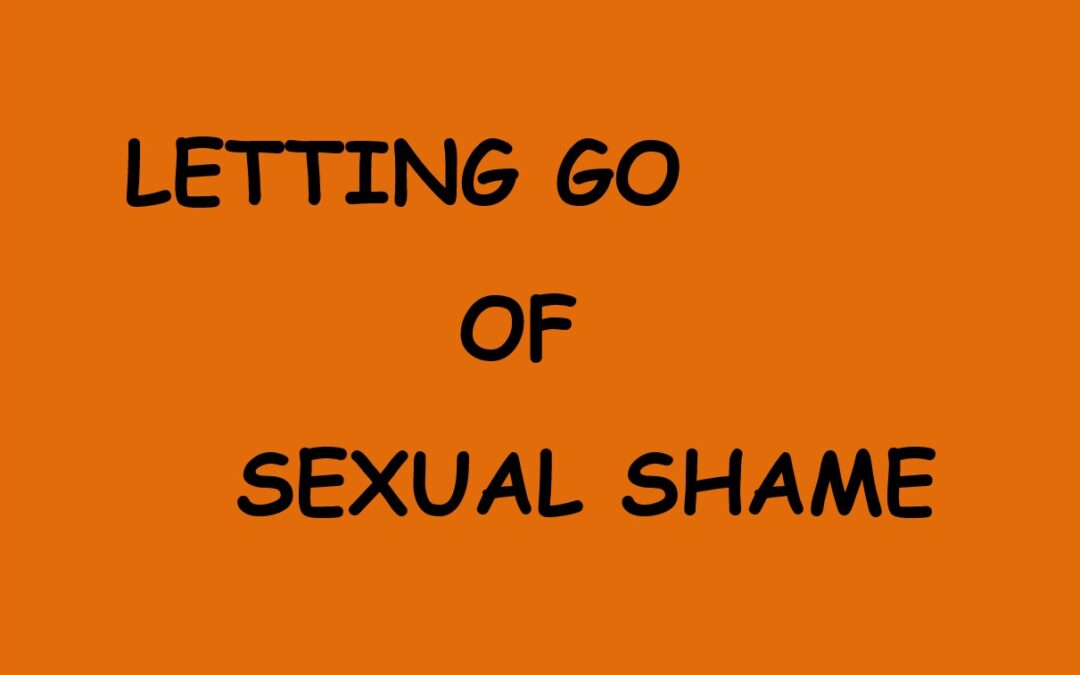
by Rev. Michael Heath | Nov 3, 2023
Shame is one of the most common and destructive of all human emotions. Further, I can say, without reservation or qualification, that shame is a completely useless experience. One of my goals as a therapist is to help eliminate shame whenever I encounter it.
Sadly, many folks misunderstand what shame is. Even dictionaries confuse it with guilt Shame Definition & Meaning – Merriam-Webster. To be clear, guilt is what we feel when we do something that we know is wrong. Guilt refers to feelings of regret over having done something that violates our sense of morality or ethics. Guilt is something that you can do something about to make amends.
I disagree with Webster. Shame does not stem from behavior. I believe that the sense of shame that a person feels stems from an underlying lack of self-worth. It is the comprehensive feeling of self-condemnation for who one is. Shame is an irrational, pervasive, and negative sense of self that falsely seems hopeless and unchangeable.
Another important thing to know is that shame is learned. People have a natural sense of embarrassment but not shame. Shame is the consequence of abuse, be it physical, emotional or verbal.
With these thoughts in mind, I want to focus today on sexual shame: where it comes from, how to get rid of it and how not to shame others.
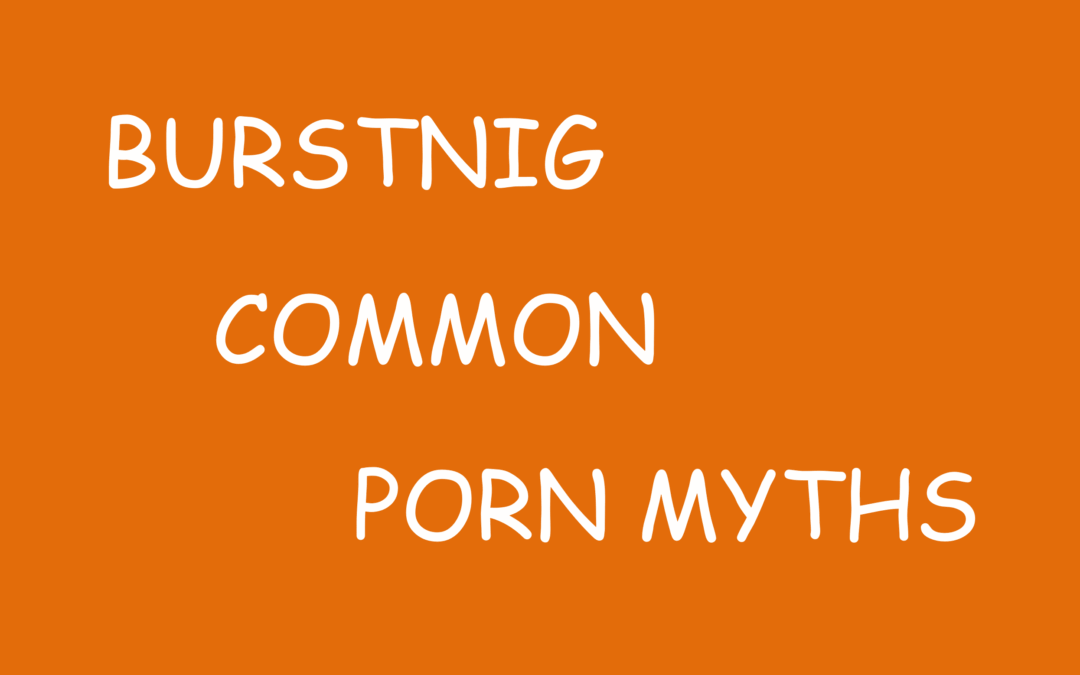
by Rev. Michael Heath | Jul 15, 2023
Recently, I have noticed a significant up-tick in the numbers of clients contacting me who erroneously feared that they had a pornography addiction. After a careful examination, it was clear that, while they had been suffering from misinformation, they did not have an addiction.
It needs to be understood from the outset that even though “pornography addiction” is a popularly used term, I do not find it a help way to conceptualize the problem nor is it listed in the DSM5 as a disorder. Religious or moralistic discussions often denounce problematic masturbation and porn viewing as immoral or a lack of self-control without understanding of its psychological origins.
Although pornography is part of the problem with which these men struggle , it rarely was not the root. Prior childhood trama, religiously induced guilt and shame about sex and marital dischord are common underlying culprits.
The last time I wrote on this subject was four years agao. A Reasonable Approach for Discussing Masturbation and Pornography: Part 1 | Pastoral Counseling Syracuse NY (revmichaelheath.com) . Given that misunderstanding has not declinced, I wish to debunk some of the most common myths about pornography.
A recent article in Slate on-line provides an excellent segue for this discussion. What NoFap does to your brain: Why so many people who abstain from masturbation end up suicidal. (slate.com) Although it’s focus is on a particular anti-masturbation effort, NoFap, it provides a goosd summary of the major false notions about pornography.
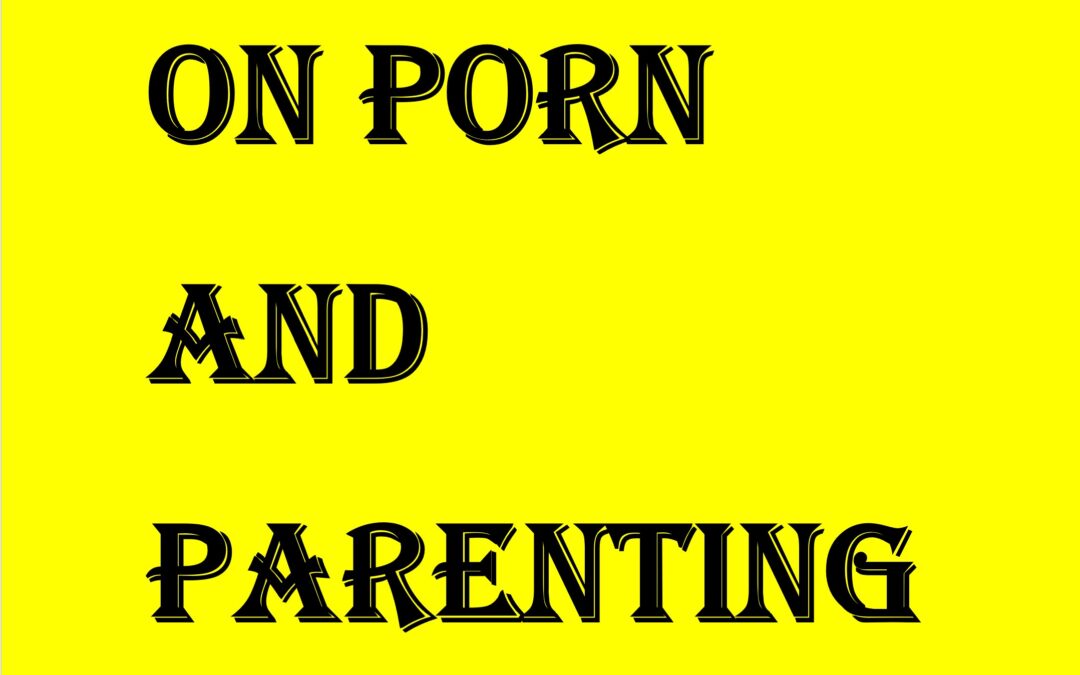
by Rev. Michael Heath | Oct 30, 2022
Few would disagree that omnipresent internet pornography harms children and poses a difficult challenge for parents. That said, many who oppose it don’t understand the real damage that it does. Worse, many of the common approaches exacerbate the problem or interfere with open communication .
Although internet porn has been around for over twenty-five years, we are now just beginning to understand how it impacts a child’s social and psychological development. To be clear, internet porn is more difficult to deal with than pornography from an earlier era. The Impact of Internet Pornography on Adolescents: A Review of the Research: Sexual Addiction & Compulsivity: Vol 19, No 1-2 (tandfonline.com)
In response, I want to examine the problem and provide some help for parents. Specifically, I want to:
— Explain why internet pornography is different from earlier X-rated materials.
— Dispel some common myths about pornography.
— Clarify how internet pornography is harmful for young children and teens.
— Debunk popular approaches to dealing with porn which do not work. and
— Offer a rational approach for teaching children about porn on the internet.

by Rev. Michael Heath | Aug 31, 2021
Something significant is happening amidst the chaos of the current COVID situation. People are becoming interested in the psychology of trauma, As I write this segment, a modern classic in trauma theory, The Body Keeps the Score, sits atop the New York Times best seller list. Opinion | This Conversation Will Change How You Think About Trauma – The New York Times (nytimes.com) This book and its findings are especially important for survivors of childhood sexual trauma because it both dispels myths and false beliefs commonly held about trauma and offers important insights for recovery.
One false notion is the idea that trauma is just a normal memory about an unpleasant event. Likewise, many erroneously believe that some trauma survivor “hold on” to the abuse or that they could “let go” if they really wanted to do so. Indeed, the author, van der Kolk points out that the conscious mind is often unaware of the full extent of the damage caused by trauma and even worse it blames the self for causing it.
Although explaining what trauma actually is and does, neurologically, is a bit complicated, here is practical summary of the most important findings of his contemporary research concerning what trauma is, how it harms the survivors and how they can heal from it:
Defining trauma: Rather than simply causing a return of a memory of a bad event , ” When someone experiences a traumatic event or experiences extreme fear, brain chemistry is altered and the brain begins to function differently–this is called the “Fear Circuity” Neurobiology of Trauma (unco.edu) Here are some crucial ways trauma alters brain functioning:
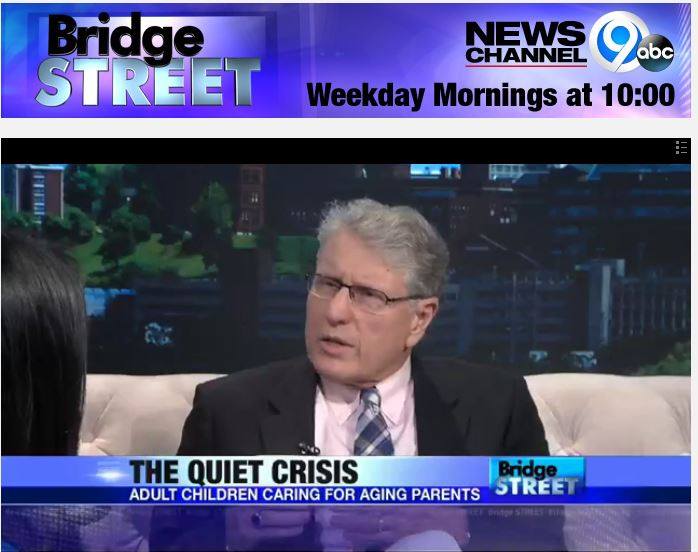
by Rev. Michael Heath | Jul 16, 2021
There is a quiet crisis spreading across our land which is not gaining much media attention: Adult children caring for aging parents. Currently, advances in medical science which have added decades to our lives, have also created unintended problems for those who care for our aging population.
Specifically, our increase in longevity has also come about in the wake of the disappearance of the extended family. These two social shifts has created new challenges for caring for our seniors and have increased stress, especially for those adult children who are trying to take care of their parents. While this is a significant cultural problem it seems to fly beneath the radar of most Americans and is not widely recognized.
The consequences of these changes and deficits is that adult children who are trying to fill in the care gaps for their parent are becoming physically and emotionally overwhelmed. Today I want to shed some light on this this growing crisis and provide some basic information to help reduce the stress in your family.









